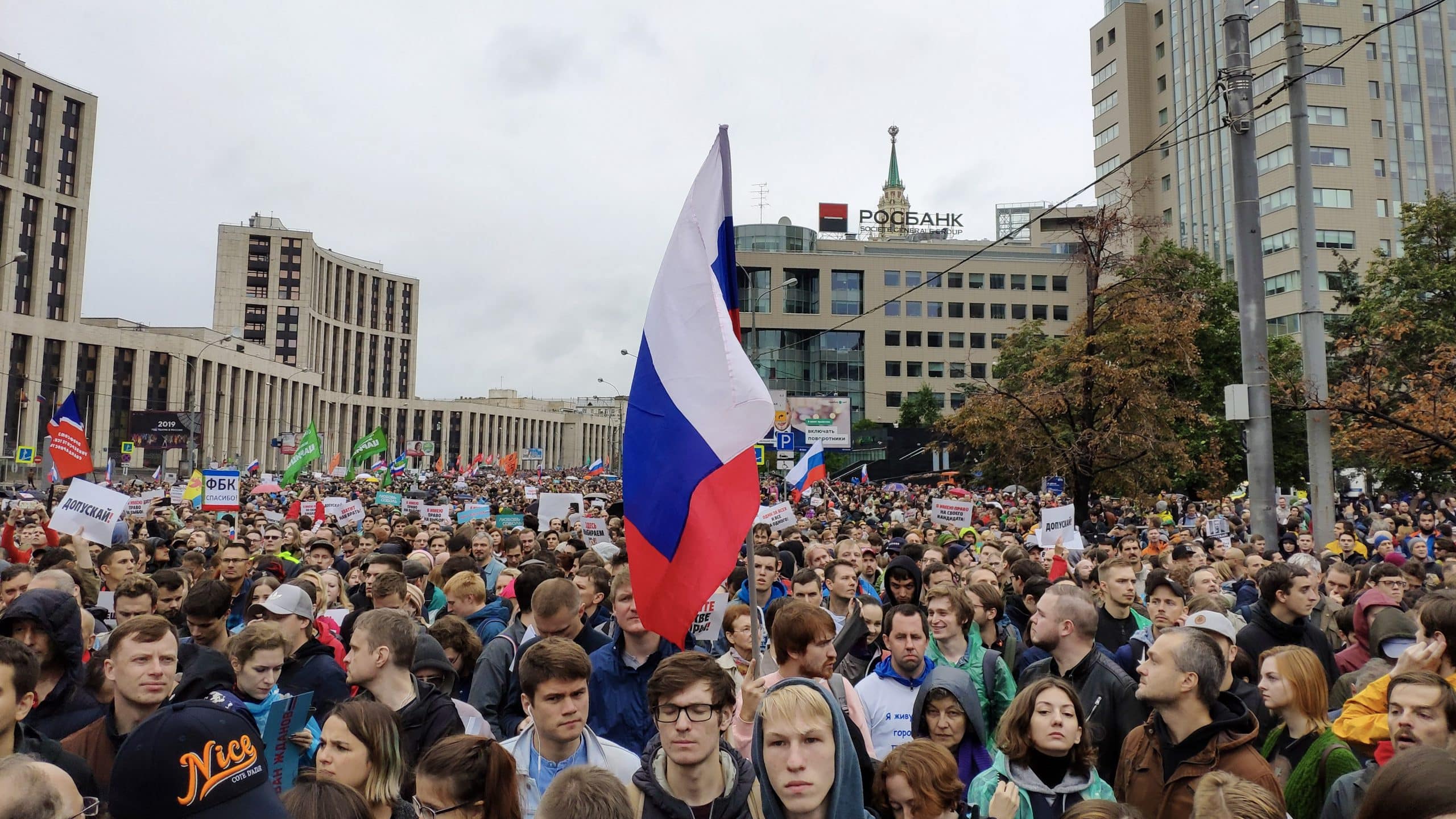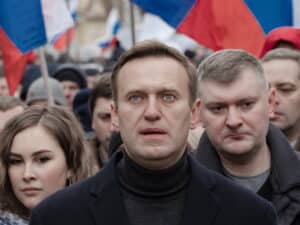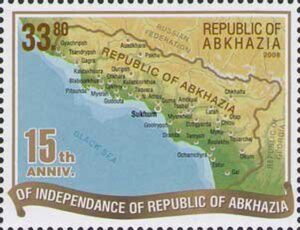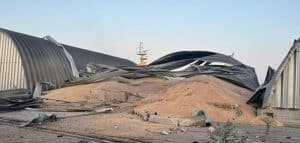In the past weeks, Russia experienced the largest protests since 2011 after Liberal oppositions candidates were barred from running in the Moscow Council elections. This Monday, a young actor named Pavel Ustinov, was sentenced to 3,5 years behind bars for allegedly insulting and assaulting a National Guard officer during a protest rally on 3 August. Defense witnesses have refuted these claims, with videos proving his innocence being judged inadmissible by the judge. Pavel Ustinov became the sixth person to be convicted due to his presence at a rally, his conviction sparked outrage among his colleagues and friends. This has resulted in an online and in person campaign in support of Ustinov, with many famous artists and theaters voicing their support.
Local elections
The local elections held on Sunday 8 September showed some extraordinary results: the ruling United Russia party lost a considerable amount of seats in local councils, even though its representatives fared much better in Governor elections where all of them triumphed in the first round. These elections were characterized by the amount of independent candidates, many in name only: many were in fact United Russia backed candidates who didn’t want to be associated with the party due its bad image. The Kremlin backed United Russia party which has been dominant in local and national politics for years is coping with the worst approval ratings of all time due for a large part to a stagnating economy, and unpopular pension reforms. At the 2016 elections President Putin’s United Russia won 54 percent of the votes, recent polls have shown that currently it would only receive 33% of the votes.
Overall results
Apart from Moscow, United Russia fairly dominated other local and regional elections – it is set to win al 16 gubernatorial races for instance – , but notably suffered heavy losses in the far east of the country. For instance, in the Khabarovsk region’s local parliament it won just two seats of the 24.This region now is the first province where another party controls the executive and legislative branch. At the same time the opposition parties Communist Party and Yabloko announced growth in many local and regional elections in comparison to the 2014 elections. The communist party announced that in most regions where elections were held it came in second, with far better results compared to previous elections. Yabloko also gained a significant amount of votes: the party was able to double its number of deputies in regional parliaments, and the number of regions where the party is represented in the legislative assemblies increased from three to five. In addition, 26 candidates became municipal deputies in nine Russian regions.
In Moscow especially, the ruling United Russia party, suffered a significant loss of 13 seats, still retaining a small majority of 25 of the 45 seats. Still, it proved to be a historical result, with the liberal Yabloko party returning to the assembly for the first time since 2005, with 3 seats. Furthermore, the head of United Russia in Moscow, Andrey Metelsky, lost his re-election bid after two major corruption reports concerning his businesses were released by opposition leader Alexey Navalny’s Anti-Corruption Foundation.
Smart Voting system “breakthrough for opposition”
The opposition’s relative success in these elections is largely attributed to a new strategy. With many liberal opposition candidates barred from running, Navalny came up with the Smart Voting campaign: ignoring one’s personal preferences and simply voting for whichever candidate is most likely to achieve victory over the United Russia candidate in each given district, and is known for being critical towards the authorities, irrespective of party affiliation. Previously, the opposition vote would be scattered among different candidates and United Russia candidates often would win elections with 30 to 35 percent of the votes. By gathering votes for parties like the Communist Party and A Just Russia party the opposition was able to partly break the dominance of United Russia. Considering the election results, this system proved to be successful, with Navalny claiming a “triumph” in Moscow in particular.
Protests
The elections were held amid the largest protests in years, which started in Moscow. These protests were started by supporters of Navalny and opposition candidates, who were barred from running in Moscow Council elections amid a variety of accusations or technical errors in the application forms. Most of the refusals to register them as candidates are widely believed to be politically motivated. This sparked anger among the Muscovites and resulted in the largest protests in years. Polls showed that a relative majority of Moscovites supported the protests ( 37 % in favor, 27 % against).
Many were surprised by the aggressive approach of Russian authorities towards protesters. These protests concerned council elections which have little impact on national politics, still the authorities reacted with brutal violence and mass arrests during and after the elections, as well as the already mentioned disproportionate prison terms for some activists. Many believe that the efforts of Russian authorities to block opposition candidates and aggressively suppress protests show that the Kremlin is concerned about the possible rise of liberal opposition groups. Furthermore, some argue that these efforts made by the state have brought greater significance and attention to these otherwise low-level elections. The Kremlin’s fear of opposition success in these local elections may have in fact played into the card of the opposition.
Implications for the future
Days after the elections the Russian security services raided the homes and offices of supporters of opposition leader Navalny. Navalny described the raids as part of Kremlin “hysteria” over the big losses in local elections. The searches came on top of the brutal crackdown on the protests by the elite National Guard, and the following disproportionate prison terms handed down to protesters.
Though these local elections didn’t pose a real threat to the power of President Putin and the Kremlin authorities, their response to them indicates a certain nervousness, which could have implications for the parliamentary elections of 2021. Putin himself remains popular among Russian citizens, but United Russia has become so discredited that many members chose to run independently, afraid to lose voters due to their association with the party. It seems that the Russian president has a major task ahead of him, revamping United Russia and its credibility, if he wants to gain a majority in the parliamentary elections of 2021. But with any real reforms remaining unlikely, and the opposition not showing any signs of giving up its struggle, more confrontations seem imminent.
Sources: REFL1 REFL2 REFL3 REFL4 Time Forbes1 Forbes2 Yabloko Moscow Times 1 Reuters Moscow Times 2



